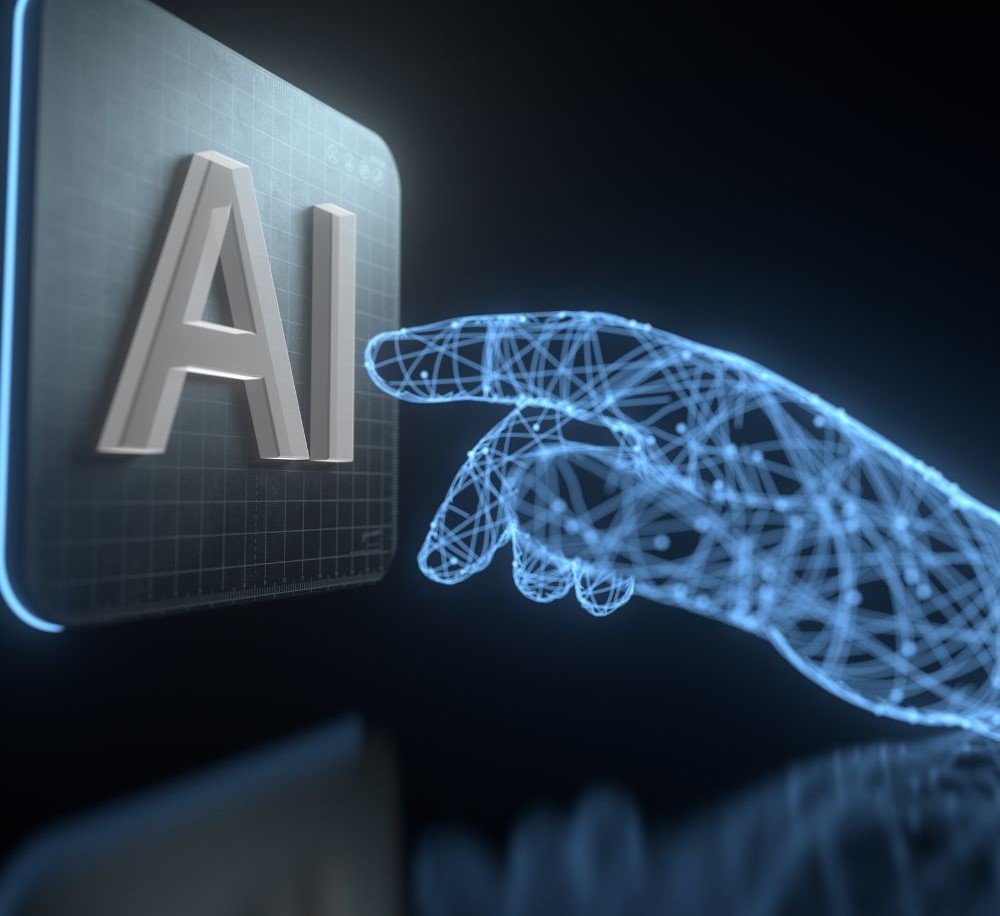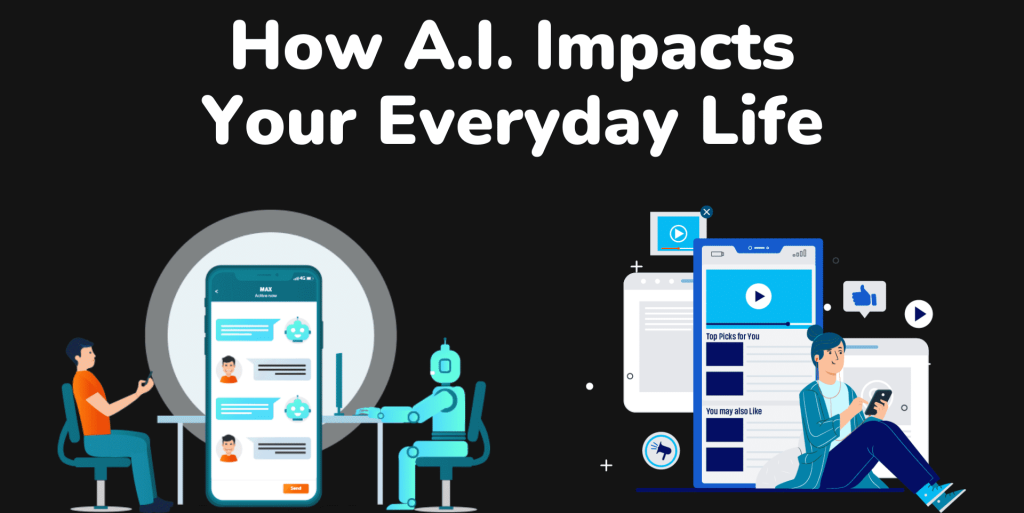The Future of AI
Artificial Intelligence (AI) has become a cornerstone of innovation across industries, transforming the way we live, work, and interact with technology. As AI continues to evolve, it holds the potential to revolutionize everything from healthcare to transportation, education, and beyond. In this blog, we’ll explore the promising advancements, challenges, and ethical considerations shaping the future of AI.
Breakthroughs in AI Technologies
AI is advancing rapidly, with technologies such as Generative AI, Neural Networks, and Quantum Computing pushing boundaries.
- Generative AI: Tools like ChatGPT and DALL-E are reshaping creativity and problem-solving.
- Quantum AI: The integration of quantum computing with AI promises faster data processing and more accurate models.
AI in Everyday Life
AI is becoming more integrated into our daily routines, such as:
- Smart Assistants: Virtual assistants like Alexa and Siri.
- Healthcare: AI-powered diagnostics and personalized medicine.
- Education: Tailored learning experiences using AI-driven platforms.
- Transportation: Autonomous vehicles improving road safety and efficiency.
The Role of AI in Business
AI is enabling businesses to:
- Optimize supply chains.
- Predict consumer behavior with big data.
- Enhance decision-making using AI-powered analytics.
Industries like finance, retail, and agriculture are seeing significant impacts.


Ethical and Privacy Concerns
With great power comes great responsibility. The widespread adoption of AI raises concerns, such as:
- Bias in AI algorithms affecting fair outcomes.
- Data privacy issues due to massive data collection.
- Job displacement in certain sectors.
Efforts to address these challenges include AI ethics guidelines and regulatory frameworks by governments.
The Future Ahead: Opportunities and Challenges
Opportunities:
- AI could significantly reduce human error, enhance productivity, and solve complex global issues like climate change.
Challenges: - Developing AI systems that are explainable, transparent, and accountable remains a hurdle.
- Ensuring equal access to AI technologies globally.
The future of AI is as exciting as it is complex. While its potential is limitless, it’s crucial to address ethical challenges to ensure AI benefits all of humanity. Whether it’s in the form of smarter gadgets or breakthrough technologies, AI will undoubtedly play a transformative role in shaping our world.



